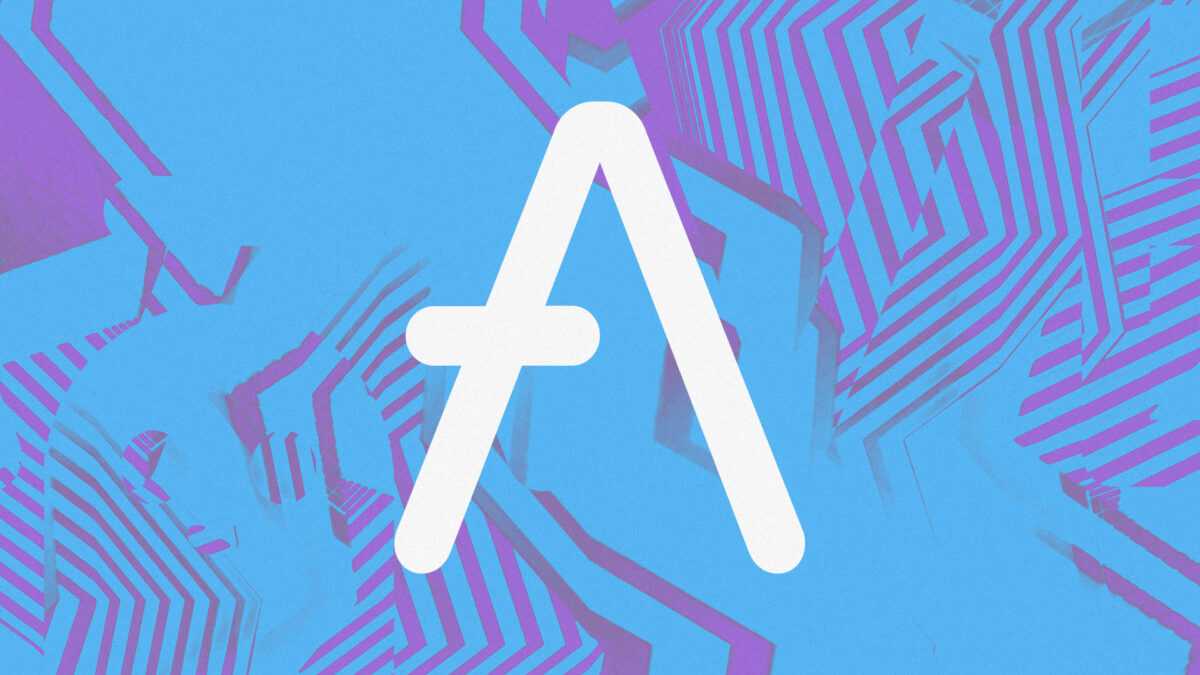Aave launches new service for unsecured peer-to-peer loans on Ethereum

Quick Take
- Ethereum-based Lending protocol Aave has partnered with OpenLaw to introduce a service for “undercollateralized lending”
- Aave depositors can now “delegate” their credit lines to another person, and enter into a real legal agreement before lending them money

Lending protocol Aave has launched a new service on Ethereum that makes it possible for users to take out loans without needing to deposit collateral.
In a Twitter thread introducing the new service, Aave founder and CEO Stani Kulechov explained how people who deposit an asset on Aave can now “delegate” a credit line to another person.
In Kulechov’s example, someone named Karen deposits USDT, and delegates her credit line to Chad, who is then able to withdraw ETH from the Aave protocol without having to put any collateral down.
Generally, decentralized lending protocols require users to deposit substantially more collateral than what they borrow. Popular platform MakerDAO, for instance, requires that borrowers deposit at least $150 ETH for every $100 in Dai they borrow.
Karen and Chad, on the other hand, would sign an actual legal agreement stipulating the terms of the loan, like interest rates and deadlines for repayments. That would be accomplished using a smart contract system developed by OpenLaw, a ConsenSys-backed firm that develops blockchain-based legal agreements.
Having a real, automatically generated contract in place “gives it the weight of the real world, not just the crypto world,” OpenLaw cofounder Aaron Wright told The Block in an interview. If Chad doesn’t honor the agreement, Karen can take him to court — as long as they are in the same jurisdiction.
Wright said this approach could make the DeFi space more attractive to traditional players who deal with sums that call for legal guardrails. "As we are thinking about these protocols and watching them scale and handle real money — not the comparatively small amounts that flow through Ethereum today but the larger amounts that we see financial institutions grapple with on a daily basis — those rights and obligations become more and more important."
© 2025 The Block. All Rights Reserved. This article is provided for informational purposes only. It is not offered or intended to be used as legal, tax, investment, financial, or other advice.







